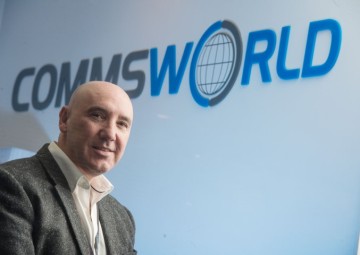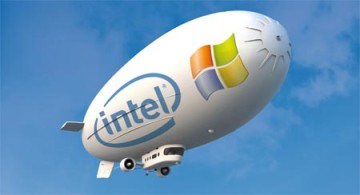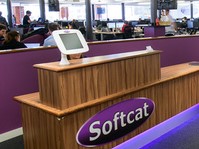 Coventry Building Society and Enact Conveyancing had signed a digital mortgage for a property in Rotherhithe, South East London in what is the first digitally signed mortgage deed filed into the Land Register.
Coventry Building Society and Enact Conveyancing had signed a digital mortgage for a property in Rotherhithe, South East London in what is the first digitally signed mortgage deed filed into the Land Register.
The organisations used the “Sign your mortgage deed” service from HM Land Registry, which requires the mortgage applicant to have an account with the government’s identity service, Gov.UK Verify.
The move is crucial as it shows how deeply digitisation is going into the UK civil service.
The government claimed that, in future, it shouldn’t be necessary “for a witness to watch as the homeowner applies an ink signature to a paper mortgage deed”, and then sends it in the post to the conveyancer or solicitor.
It believes that digital mortgages will be more efficient and secure for homeowners, lenders and conveyancers. The new service is part of an ongoing digital transformation of HM Land Registry with the aim of implementing “quicker and simpler digital services and improved use of technology” and “making transactions instantaneous where possible”.
“This fully-digitised journey will mean that a customer can sign their mortgage deed online at a time and place of their choosing, securely underpinned by the GOV.UK Verify platform.”



















